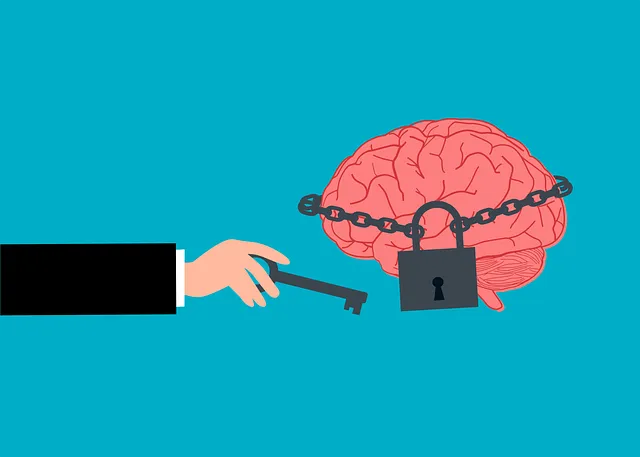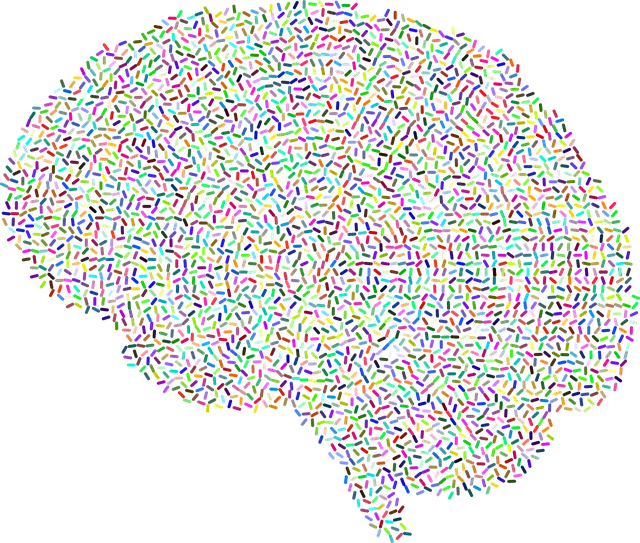Aurora Kaiser Permanente mental health providers advocate for accessible self-assessment tools to empower individuals in managing their well-being. These tools, integrating advanced techniques with a patient-centered approach, gauge mental health status, identify concerns, and promote resilience through self-care integration into daily routines. Their holistic assessment method, combined with technology like online platforms, enhances accessibility and efficiency, enabling early detection and personalized care plans. Training strategies for healthcare providers focus on evidence-based practices, cultural sensitivity, and continuous education to improve delivery of effective mental wellness self-assessment tools.
In today’s digital age, self-assessment tools play a pivotal role in enhancing mental wellness. This article explores the urgent need for accessible and effective assessments, focusing on Aurora Kaiser Permanente’s innovative approach. We delve into key components of successful frameworks, highlighting the integration of technology for digital evaluations. Furthermore, we discuss strategies to train and implement these tools for Aurora Kaiser Permanente mental health providers, ensuring comprehensive patient care and improved outcomes.
- Understanding the Need for Self-Assessment Tools in Mental Health
- Aurora Kaiser Permanente's Approach to Mental Wellness Assessment
- Key Components of an Effective Self-Assessment Framework
- Integrating Technology for Digital Mental Health Evaluations
- Training and Implementation Strategies for Healthcare Providers
Understanding the Need for Self-Assessment Tools in Mental Health

In today’s fast-paced world, mental health has emerged as a paramount concern, driving the need for accessible and effective self-assessment tools. Aurora Kaiser Permanente mental health providers recognize that empowering individuals to take an active role in their well-being is crucial. Self-assessment tools play a pivotal role in this process by offering a means to gauge mental health status, identify areas of concern, and track progress over time. These tools are particularly valuable as they enable individuals to understand their emotional intelligence—a key component in fostering resilience and managing stress.
By integrating self-care routine development for better mental health into daily life, these assessments can serve as a catalyst for positive change. Moreover, the insights gained through self-assessment tools inform tailored interventions, including the design of Mental Wellness Coaching Programs Development, which aim to support individuals in navigating their mental health journeys effectively.
Aurora Kaiser Permanente's Approach to Mental Wellness Assessment

Aurora Kaiser Permanente takes a holistic approach to mental wellness assessment, recognizing that each individual’s journey to well-being is unique. Their strategy involves collaborating closely with mental health providers who are experts in their field. These providers employ evidence-based practices and tools tailored to address specific needs, focusing on both the mind and body connection. By integrating advanced assessment techniques with a patient-centered care model, Aurora Kaiser Permanente ensures comprehensive evaluations.
The organization prioritizes patient engagement and education, empowering individuals to actively participate in their mental health journey. This involves teaching valuable skills like conflict resolution techniques and promoting positive thinking as part of their healthcare provider cultural competency training programs. Through these initiatives, Aurora Kaiser Permanente aims to foster a supportive environment that encourages open dialogue and long-term mental wellness.
Key Components of an Effective Self-Assessment Framework

An effective self-assessment framework for mental wellness should incorporate several key components to ensure comprehensive evaluation and tailored support. Firstly, it must include a range of questions or prompts designed to capture an individual’s current emotional state, thoughts, behaviors, and overall well-being. This could involve assessing symptoms related to anxiety, depression, stress, or other common mental health concerns, with specific focus on areas like sleep quality, appetite changes, energy levels, and social interactions. The framework should also encourage self-reflection by prompting users to identify personal strengths, coping strategies, and resources that can be leveraged for better mental wellness.
Additionally, incorporating validated scales or tools developed by Aurora Kaiser Permanente mental health providers can offer structured guidance. These could include measures for assessing risk factors, such as suicidal ideation or self-harming behaviors, which are crucial for crisis intervention. Moreover, the self-assessment should promote awareness of effective stress reduction methods and mood management techniques, providing valuable insights that inform personalized care plans.
Integrating Technology for Digital Mental Health Evaluations

The integration of technology in mental health evaluations offers a promising avenue for enhanced accessibility and efficiency. Aurora Kaiser Permanente mental health providers are at the forefront of this digital revolution, leveraging tools that go beyond traditional face-to-face assessments. Online platforms and mobile applications designed for self-assessment provide individuals with convenient and confidential ways to gauge their mental well-being. These digital evaluations not only facilitate early detection but also empower users by offering personalized insights and recommendations for improvement.
By utilizing technology, mental health providers can ensure a more comprehensive understanding of an individual’s state, particularly in the context of diverse cultural backgrounds. This is where Healthcare Provider Cultural Competency Training plays a pivotal role, enabling professionals to interpret digital assessments while keeping cultural nuances in mind. Such an approach fosters a sense of trust and encourages individuals to engage in their mental wellness journey, ultimately boosting confidence and promoting inner strength development.
Training and Implementation Strategies for Healthcare Providers

Training and implementation strategies for healthcare providers at Aurora Kaiser Permanente can significantly enhance their capability to deliver effective mental wellness self-assessment tools. These programs should focus on integrating evidence-based practices tailored to diverse patient populations, ensuring cultural sensitivity and competency. The training can include specialized workshops, webinars, and continuous education sessions that educate providers on the latest assessment techniques, intervention strategies, and crisis management protocols.
Implementing these strategies effectively involves creating supportive learning environments, providing ongoing supervision and mentorship, and utilizing digital platforms for remote access to resources and peer support. By incorporating social skills training, confidence-boosting exercises, and mental wellness coaching programs development into the curriculum, healthcare providers at Aurora Kaiser Permanente can improve their ability to connect with patients, foster open communication, and offer personalized care.
The development of mental wellness self-assessment tools is a game-changer in healthcare, especially with Aurora Kaiser Permanente’s innovative approach. By integrating technology and implementing effective frameworks, these tools empower both mental health professionals and individuals to take charge of their mental well-being. As we navigate the digital age, such assessments can revolutionize access to care, enabling healthcare providers like those at Aurora Kaiser Permanente to offer personalized guidance and support tailored to each individual’s unique needs.

